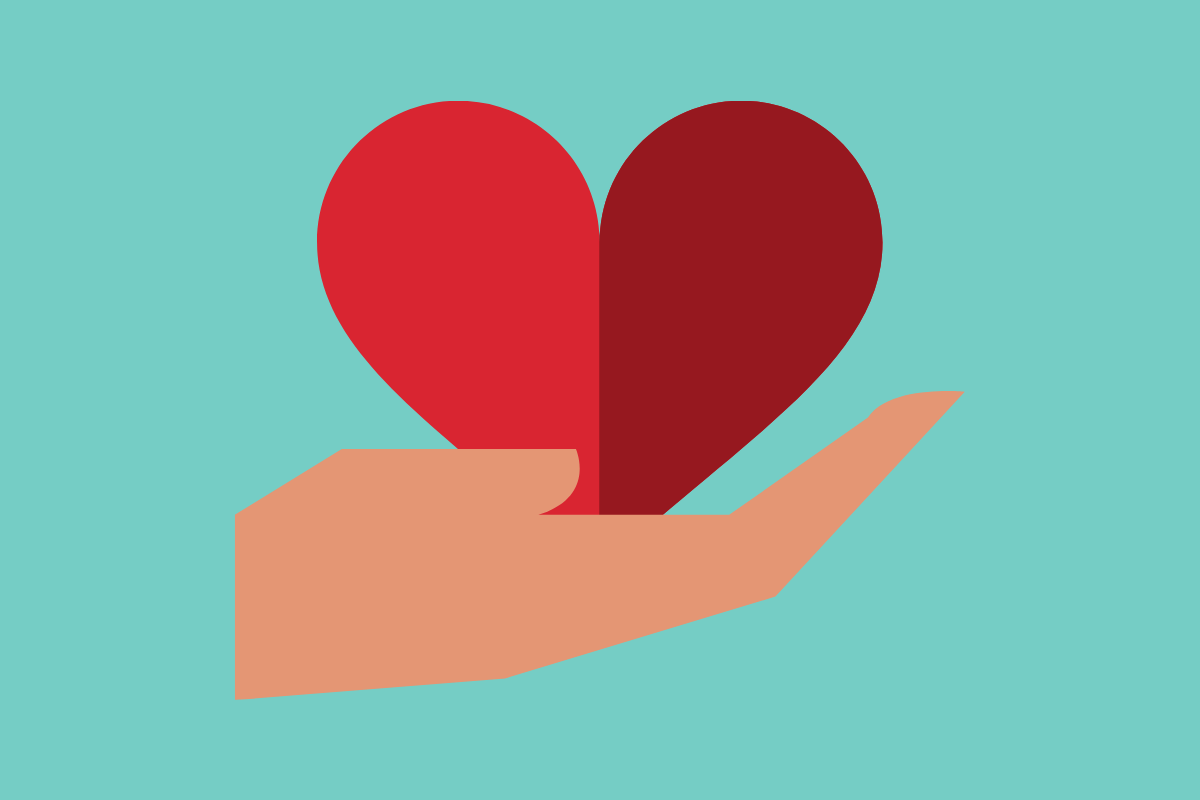All posts
Study Results: How COVID-19 Has Impacted Our Relationships
We don’t need a study to tell us the coronavirus has turned our world upside-down. The COVID-19 outbreak and related social distancing measures have brought significant changes to the way we work, live, and socialise. Many of us have felt anxious and lonely as a result. Some of us have experienced feelings of depression and […]


We don’t need a study to tell us the coronavirus has turned our world upside-down. The COVID-19 outbreak and related social distancing measures have brought significant changes to the way we work, live, and socialise.
Many of us have felt anxious and lonely as a result. Some of us have experienced feelings of depression and low mood. But how have our relationships been impacted by the coronavirus restrictions?
New research from Relationships Australia investigates how our close relationships have been affected throughout these turbulent times. These survey findings reveal the negative and positive changes participants experienced in relationships with partners, friends, family members, neighbours, and colleagues.
We felt challenged by our living arrangements
If you’ve been struggling in self-isolation at home, you’re not alone. More than half (55%) of survey participants reported feeling challenged by their living arrangements during the COVID-19 restrictions.
These challenges didn’t just impact participants’ relationships with the people they lived with, either. The survey found that those who were challenged by their living arrangements were more likely to report changes to close relationships with people they didn’t live with, too.
But it’s not all doom and gloom. 20% of those who were challenged by their living arrangements still managed to create positive changes to their close relationships.
Living with friends was the most challenging
Apparently, living with your friends isn’t all fun and games when you’re forced to be with each other 24/7. The survey found that those living with one or more friends were most likely to feel challenged by the situation (63%), compared to those living with family (58%), those living alone (also 58%), and those living with just their partner (36%).
As everyone’s situation during this time has been so unique, it’s tough to explain the reason for these results. But the challenges of unemployment for young casual workers and the potential for loneliness when living alone may provide some rationale.
We put more effort into our relationships than before COVID-19
Have you felt closer to your friends and family members despite the physical distance between you? Across all households, the majority of people (over 52%) reported spending more time and effort maintaining relationships during COVID-19 restrictions than they normally would.
And it seems family really does come first, with people more likely to have spent more time and effort on their family relationships (59%) than their friendships (40%). Given that most survey respondents reported living with their family, this suggests that in general, people spent more time maintaining their relationships with the people they lived with.
Our romantic relationships suffered the most
42% of people reported experiencing a negative change in their relationship with their partner.
Meanwhile, the vast majority of people (over 90%) reported no significant changes or positive changes in all other relationship categories (parents, children, friends, extended family, neighbours and colleagues).
Very lonely people experienced the most negative changes to relationships
Participants who reported feeling very lonely were more likely to experience negative relationship changes throughout COVID-19 – including with people they didn’t live with. 51% of participants who reported often feeling very lonely said their close relationships had changed for the worse. Meanwhile, only 22% of participants who disagreed with the statement “I often feel very lonely” reported negative relationship changes.
The survey showed that people’s ‘close’ relationships (e.g. partner, children and friends) were more likely to be negatively impacted, while people’s relationships with their neighbours, extended family, and colleagues were less likely to be impacted.
You can read the full survey results here.
If you’re having a hard time at the moment, you might find our tips to protect your emotional wellbeing in the coronavirus outbreak helpful.
Or you can talk to one of our experienced counsellors in person, over the phone, or via Zoom. Learn more about our counselling services and how to make an appointment here.
Back to all posts